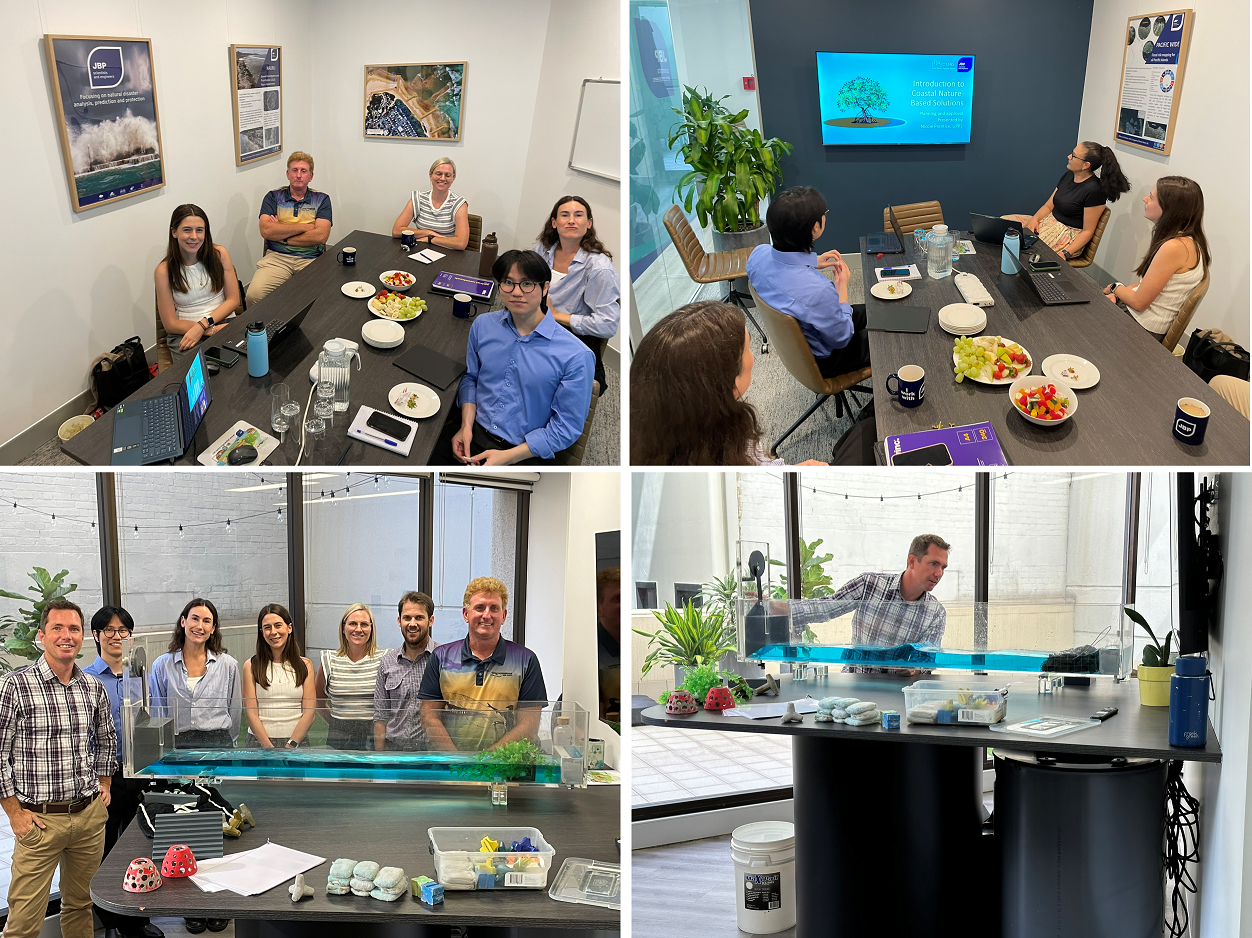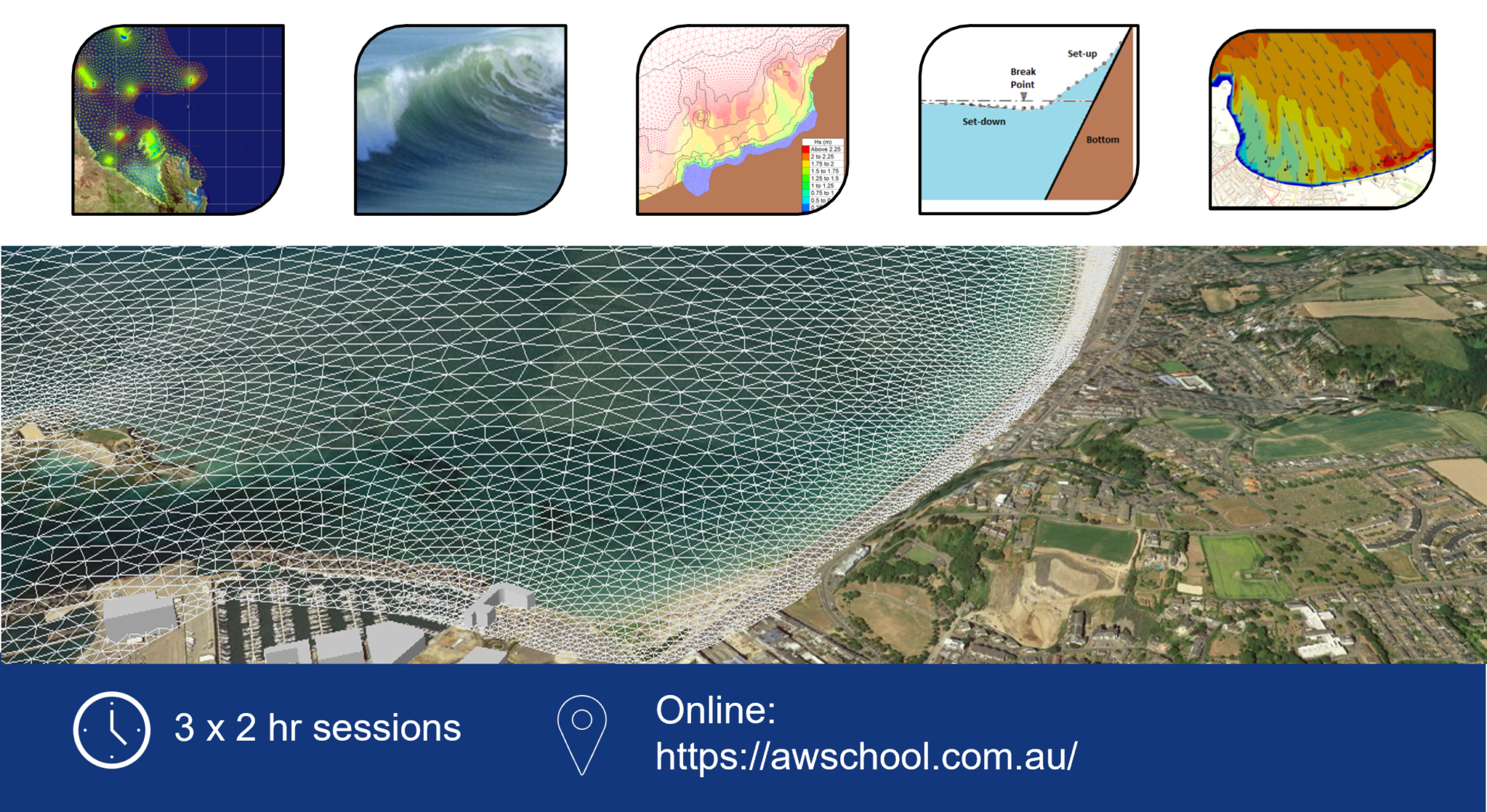Training approach
We offer a range of one day training courses in coastal, flooding, economics and nature-based solutions for extreme weather resilience.
Our courses are a combination of presentations and a practical exercise, comprising a staged series of smaller exercises. Delivery targets an interactive and engaging teaching style as we recognise the range and depth of experience of attendees will vary. Although there will be elements of more traditional classroom “teaching” , many of the key learning outcomes will be developed through interactive practical group exercises , underpinned by workbooks and comprehensive course notes. In order to have an interactive and fully inclusive learning style we target small groups of around 10-12 participants.

Coastal Natue Based Solutions
Ecosystem-based mitigation strategies are rapidly gaining interest to mitigate the adverse effects of flooding, erosion, and future climate change. At a catchment-wide level these strategies could include mangrove restoration, integrated basin management, channel restoration, beach management, and sand dune management. But a coastal-focussed project requires a detailed understanding of the local coastal processes, types of materials available, their likely response and performance, and local planning requirements There is a wide spectrum of options and design techniques for these coastal Nature-Based Solutions (NBS), yet often what works at one location will be constrained at another, with poorly designed schemes at risk of failure.
This one-day introduction course is targeted at early-stage practitioners, designers, assessors and Local Governments to better understand the implementation, opportunities, and risks of NBS in the coastal environment. Our course includes:
1) The theory and practice of coastal NBS
2) Understanding processes and benefits
3) Assessing the potential for NBS
4) Reducing wave height through dissipation
5) Design overview for rocks, wood, mangroves, seawalls, reefs
6) Risk, residual risk, whole systems and uncertainties
7) Planning approvals and legislative requirements
A range of tools will be provided to course attendees, including design and planning check sheets in Ms Excel.

Waves and wave modelling with SWAN
This course focusses on wave modelling; including theory, analytical calculations, numerical modelling and physical modelling. It will introduce the standards, best-practise guidelines and how to perform simple checks. It includes several hands-on tutorials, including step-by-step guidance to develop a wave model for Savusavu; a coastal town located in Fiji.
This course is targeted at early-stage practitioners, designers, assessors and Councils to better understand the numerical wave model SWAN and how it can be used for coastal assessments.
Our course includes:
1) The theory of waves
2) Sources of uncertainty
3) Tutorial on setting up SWAN control files
4) Grid generation and assigning bathymetry
5) Selection of boundary conditions and simulation parameters
6) Model calibration and validation
7) Viewing and interpreting results
The course has been deliveed through the Australian Water School and can be attended via their ‘on demand’ training portal: https://awschool.com.au/training/swan-wave-modelling/
https://awschool.com.au/training/swan-wave-modelling/

